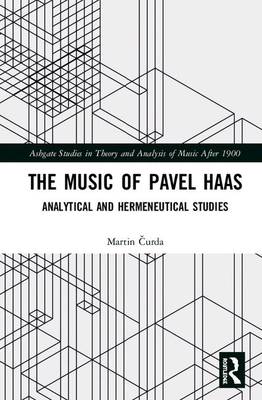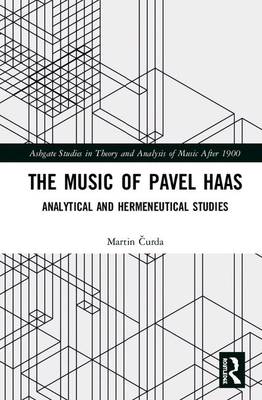
- Retrait gratuit dans votre magasin Club
- 7.000.000 titres dans notre catalogue
- Payer en toute sécurité
- Toujours un magasin près de chez vous
- Retrait gratuit dans votre magasin Club
- 7.000.000 titres dans notre catalogue
- Payer en toute sécurité
- Toujours un magasin près de chez vous
Description
The Czech composer Pavel Haas (1899-1944) is commonly positioned in the history of twentieth-century music as a representative of Leos Janáček's compositional school and as one of the Jewish composers imprisoned by the Nazis in the concentration camp of Terezín (Theresienstadt). However, the nature of Janáček's influence remains largely unexplained and the focus on the context of the Holocaust tends to yield a one-sided view of Haas's oeuvre. The existing scholarship offers limited insight into Haas's compositional idiom and does not sufficiently explain the composer's position with respect to broader aesthetic trends and artistic networks in inter-war Czechoslovakia and beyond. This book is the first attempt to provide a comprehensive (albeit necessarily selective) discussion of Haas's music since the publication of Lubomír Peduzzi's 'life and work' monograph in 1993. It provides the reader with an enhanced understanding of Haas's music through analytical and hermeneutical interpretation as well as cultural and aesthetic contextualisation, and thus reveal the rich nuances of Haas's multi-faceted work which have not been sufficiently recognised so far.
Spécifications
Parties prenantes
- Auteur(s) :
- Editeur:
Contenu
- Nombre de pages :
- 272
- Langue:
- Anglais
- Collection :
Caractéristiques
- EAN:
- 9781138360013
- Date de parution :
- 25-06-20
- Format:
- Livre relié
- Format numérique:
- Genaaid
- Dimensions :
- 156 mm x 234 mm
- Poids :
- 576 g







